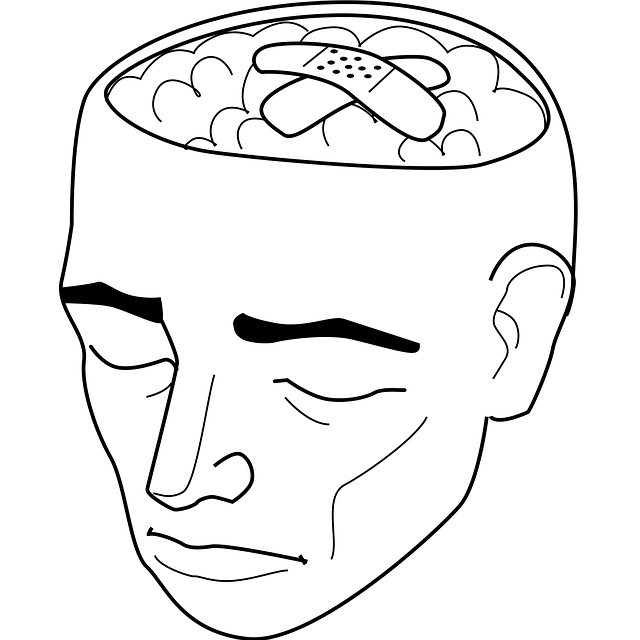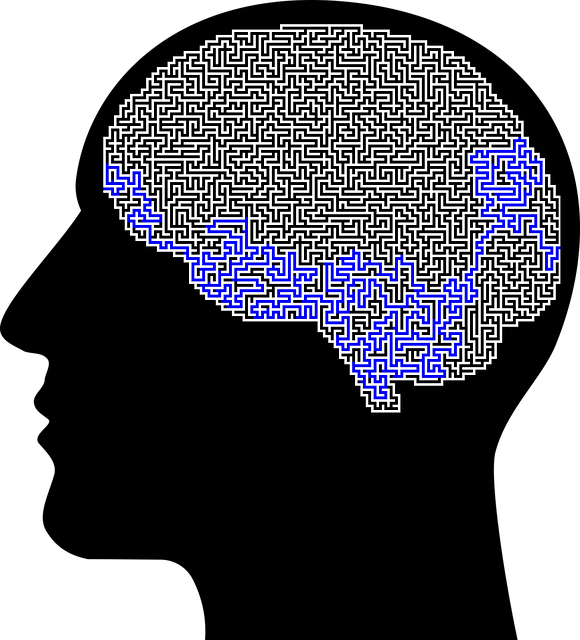Wheat Ridge Somatic Experiencing Therapy (WRSET) tackles mental illness stigma through holistic approaches, combining body-mind connection with communication strategies and emotional well-being promotion. They educate communities, dispel myths, encourage early intervention, and foster empathy, creating a supportive environment where individuals feel comfortable seeking help. By empowering clients to share openly and learn coping skills, WRSET reduces the impact of stigma and promotes improved mental wellness outcomes, while offering innovative strategies for mental health policy advocacy.
Mental illness stigma, a pervasive barrier to seeking help, causes significant harm. This article explores targeted efforts to reduce this stigma, focusing on the impact of societal perceptions on mental health and well-being. We delve into innovative approaches like Wheat Ridge Somatic Experiencing Therapy, offering holistic treatment methods. Additionally, we examine the crucial role of community engagement and education in breaking down barriers, fostering understanding, and providing necessary support for those facing mental illness.
- Understanding the Impact of Stigma on Mental Health
- Wheat Ridge Somatic Experiencing Therapy: A Holistic Approach to Combating Stigma
- Community Engagement and Education: Breaking Down Barriers for Mental Illness Support
Understanding the Impact of Stigma on Mental Health

Stigma surrounding mental illness can have profound effects on an individual’s emotional well-being and overall mental health. It often leads to feelings of isolation, shame, and embarrassment, causing many to conceal their struggles and avoid seeking much-needed support. This internalized stigma can result in a significant delay in treatment, potentially exacerbating symptoms and hindering one’s ability to function in daily life.
At Wheat Ridge Somatic Experiencing Therapy, we recognize the critical role of reducing mental illness stigma. By implementing effective communication strategies and providing guidance on emotional well-being promotion techniques, such as journaling exercises, our aim is to create a supportive environment where individuals feel empowered to share their experiences openly. Through these means, we strive to educate, dispel myths, and foster empathy, ultimately encouraging early intervention and better mental wellness outcomes for all.
Wheat Ridge Somatic Experiencing Therapy: A Holistic Approach to Combating Stigma

Wheat Ridge Somatic Experiencing Therapy (SET) represents a holistic approach to combating mental illness stigma by addressing root causes through body-mind connection. This therapy recognizes that trauma and stress often manifest in physical symptoms, which can perpetuate negative perceptions of mental health issues. By focusing on somatic experiences, SET helps individuals develop coping skills and build empathy for their own and others’ struggles. Participants learn to regulate emotional responses, fostering a deeper understanding of their inner selves and challenging societal expectations.
Incorporating mindfulness, movement, and exploration, Wheat Ridge SET goes beyond conventional talk therapy. This comprehensive method encourages clients to reconnect with their bodies, enabling them to process traumatic memories and release held tension. As individuals gain agency over their physical sensations, they also develop resilience and self-compassion, ultimately reducing the impact of stigma. Moreover, these practices can inform mental health policy analysis and advocacy efforts by showcasing innovative strategies for empowering individuals in their healing journeys.
Community Engagement and Education: Breaking Down Barriers for Mental Illness Support

Community engagement is a powerful tool in the fight against mental illness stigma. By actively involving community members, organizations like Wheat Ridge Somatic Experiencing Therapy can foster understanding and empathy. Educational initiatives that target schools, workplaces, and public forums can dispel myths surrounding mental health issues, promoting early intervention and support. These efforts aim to create an environment where individuals feel comfortable seeking help without fear of judgment or discrimination.
Through interactive workshops, seminars, and awareness campaigns, communities can learn about various mental health conditions, effective coping strategies, and the importance of self-care. This knowledge empowers people to recognize signs of distress in themselves and others, encouraging open conversations around mood management and stress reduction methods. By breaking down barriers and fostering a culture of care, these educational initiatives ultimately contribute to improved self-esteem and overall well-being within the community.
Mental illness stigma reduction is a multifaceted approach, as demonstrated by the holistic strategies employed by Wheat Ridge Somatic Experiencing Therapy and community engagement initiatives. By combining therapy that addresses the root causes of stigma with educational programs that foster understanding, we can create a more inclusive society where mental health support is accessible without fear of judgment. This collaborative effort is vital to ensuring folks receive the care they need for improved well-being.













